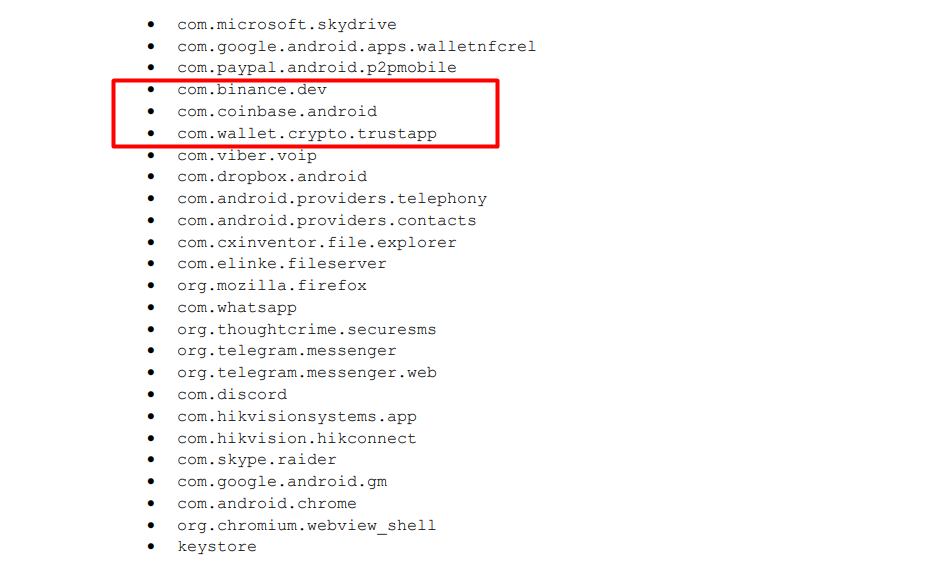US and UK intelligence agencies warn of new crypto malware
It is an advisory report published by US and UK government agencies warns users to be wary of newly used malware to hit wallets and crypto exchanges.
National Security Agency (NSA), Cybersecurity and Infrastructure Security Agency (CISA), Federal Bureau of Investigation (FBI) and the National Cyber Security Center (NCSC extensionFrom the UK, part of the Government Communications Center (GCHQ), it collaborated to: publish A joint report on malware named “The Infamous Chisel”.
According to the report, the malware sandwormsA cyber warfare unit of Russia’s military intelligence agency, the GRU. The joint report also found: Sandworm targets Ukrainian military Android devicesuses new malware to extract information from compromised mobile devices.
The report states that some data extracted by the malware, Application directory of Binance and Coinbase exchanges and Trust Wallet. According to the report, every file in the listed directories is leaked regardless of their type.
The joint report also highlights that the components of the Infamous Chisel were developed with little consideration.“cloaking malicious activity”. The malware lacks stealth techniques to hide its activities. However, according to the report, this may be due to the lack of host-based discovery systems for Android devices.
Meanwhile, around $1 billion was lost in 2023 due to exploits, hacking and fraud. blockchain security firm on Sept. 1 Certificate approximately since the beginning of the year 997 million dollars. In August alone, an estimated $45 million was lost as a result of such attacks. Despite the amount, losses were significantly less than in the previous month. In fact, losses from malicious attacks in July reached $486 million.

